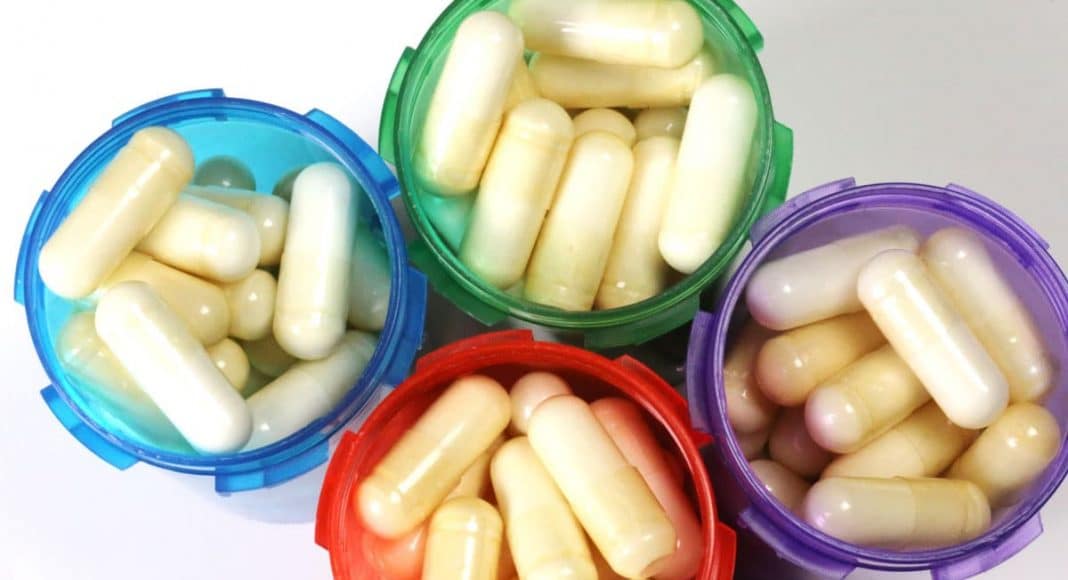As the U.S. opioid addiction epidemic continues to spiral out of of control, a federal agency will fork over nearly $4 million to a team of researchers to study if cannabis reduces opioid use.
The National Institutes of Health (NIH) has awarded researchers at Albert Einstein College of Medicine and Montefiore Health System a five-year, $3.8 million grant for the first long-term study to test whether medical marijuana reduces opioid use among adults with chronic pain, including those with HIV.
According to the CDC, most drug overdose deaths (more than 60 percent) involve an opioid with 91 Americans dying every day from an opioid overdose, including prescription opioids and heroin. According to a June report in the New York Times, the number of overdose deaths in 2016 would surpass 60,000.
“There is a lack of information about the impact of medical marijuana on opioid use in those with chronic pain,” says Dr. Chinazo Cunningham, associate chief of general internal medicine at Einstein and Montefiore and principal investigator on the grant. “We hope this study will fill in the gaps and provide doctors and patients with some much needed guidance.”
Some studies have already demonstrated that cannabis is an effective treatment for chronic pain. Last month, HelloMD, one of the nation’s largest community of medical cannabis patients, partnered with researchers from the University of California, Berkeley, to examine how cannabis has affected Americans consumption of opioids. The results of the landmark study show that patients, given a choice, would overwhelmingly choose cannabis over opioid medication, saying the herb works just as well and with fewer side effects.
-
Related Story: 81 Percent Of Pain Patients Prefer Marijuana Over Opiates
Compared to the general population, chronic pain and opioid use is even more common in people with HIV. Between 25 and 90 percent of adults with HIV suffer from chronic pain. Previous studies have reported that despite the high risk for misuse of opioid pain relievers, adults with HIV are likely to receive opioids to help manage their pain. In recent years, medical marijuana has gained recognition as a treatment option. Twenty-nine states, plus the District of Columbia, have legalized its use; in those states, chronic pain and/or HIV/AIDS are qualifying conditions for medical marijuana use.
Researchers have never studied — in any population — if the use of medical marijuana over time reduces the use of opioids. Additionally, there are no studies on how the specific chemical compounds of marijuana, tetrahydrocannabinol (THC) and cannabidiol (CBD), affect health outcomes, like pain, function, and quality of life. Most studies that have reported negative effects of long-term marijuana use have focused on illicit, rather than medical, marijuana.
-
Related Story: Opioids Out, Marijuana In, Top Medical Research Journal Says
“As state and federal governments grapple with the complex issues surrounding opioids and medical marijuana, we hope to provide evidence-based recommendations that will help shape responsible and effective healthcare practices and public policies,” notes Dr. Cunningham.


